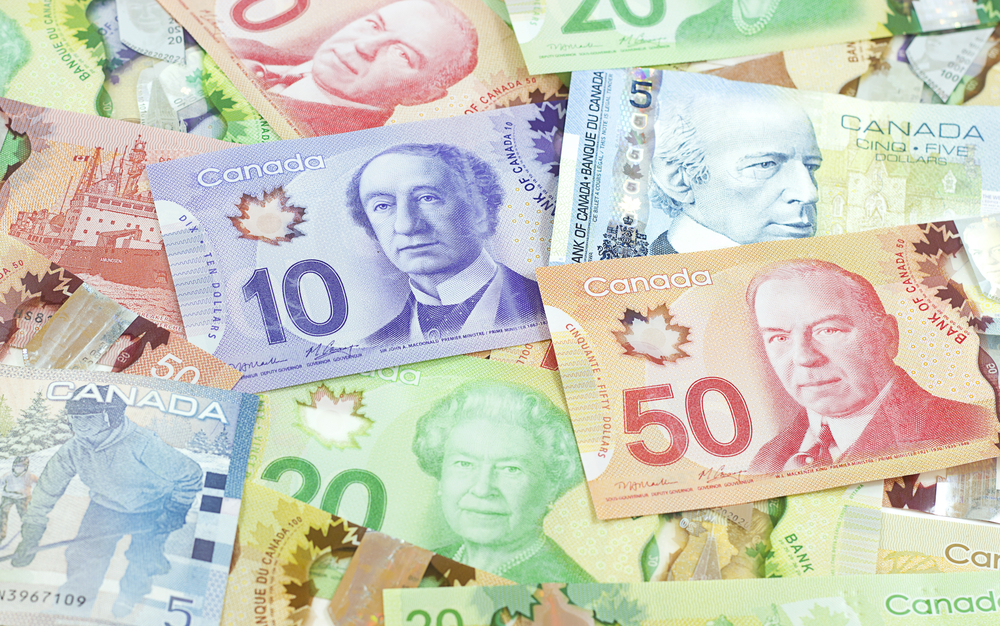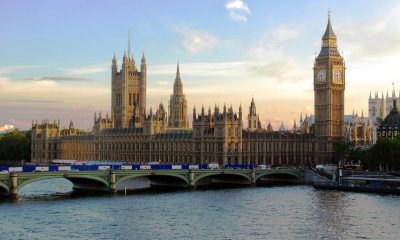Breaking
Deficit projected at $18.4B, likely to exceed $20B come budget time
OTTAWA – The federal government is projecting a deficit of at least $18.4 billion next year, a shortfall that’s nearly five times projections from just three months ago and well past the $10-billion limit promised by the Liberals.
When the government unveils its maiden budget on March 22, the deficit could well exceed $20 billion once a number of big-ticket Liberal campaign promises – including infrastructure spending – are factored in.
Finance Minister Bill Morneau staged a campaign-style town hall event Monday to deliver the bad news, and reassure Canadians who might be reconsidering their ballot-box choice last October.
“Given the economic situation in which we find ourselves today, Canadians made the right choice” by voting Liberal, Morneau said.
“I know the cries will get louder over the next few weeks, but I won’t have budget 2016 simply become a kneejerk reaction to recent economic shifts. We’ll be acting out of reason.”
The federal Finance Department is also predicting a $15.5-billion deficit in 2017-18 – more than six times its estimate last fall of $2.4 billion.
The Liberals are banking on some of their spending vows to help revive economic growth and create jobs in Canada’s struggling economy.
The calculations are based on an average projected oil price of $40 for 2016, down from $54 in the government’s fall update, and projected growth of 1.4 per cent, down from two per cent in the fall.
Finance says the fiscal projections are about $2 billion lower per year because recent developments have been accounted for, including the Liberals’ changes to the income-tax brackets and Canada’s operations in the Middle East.
Ottawa also adjusted its deficit forecast for 2015-16 – a shortfall is now projected to be $2.3 billion rather than the previous estimate of $3 billion.
The government traditionally bases its fiscal predictions on the average forecasts of private-sector economists, whom Morneau met earlier this month.
The government says the fiscal downgrades are largely due to the combination of lower oil prices and weaker-than-expected growth in the United States and world economies.
“There’s no question the times are tough right now for many Canadians across the country, and in that situation a less-ambitious government might see these conditions as a reason to hide, to make cuts or to be overly cautious,” he said.
“But our government believes strongly that the economic downturn makes our plan to grow the economy even more relevant than it was a few short months ago.”
Monday’s release, less extensive than the government’s annual fall updates, comes amid numerous downgraded growth forecasts for Canada, which has been hit particularly hard by the steep slide in oil prices.
Morneau, who revealed the update at an event at an Ottawa community centre as part of his pre-budget consultations, is also scheduled to appear Tuesday before the House of Commons finance committee.
Given the circumstances, it’s more important than ever for the Liberal government to invest in the economy as a way to promote growth and help the country’s so-called middle class, he said.
Last week, the all-party committee fielded formal pitches from dozens of groups, including lobbyists, First Nations leaders and economists, on what they think should be included in the budget. Many of them called on the government to follow through with its spending commitments.
To help revive the economy, the Liberal government is counting on increased infrastructure investments, the tax-bracket changes to provide relief on the middle-income bracket and adjustments to child benefits
Prime Minister Justin Trudeau recently acknowledged the Liberals would no longer fulfill their promise to keep the 2016-17 deficit under $10 billion.
Trudeau also cast doubt on whether he would make good on his vow to balance the books within his four-year mandate – a headline pledge in the Liberal election platform.
His government has instead been emphasizing its other key promise to continue lowering Canada’s debt-to-GDP ratio during its mandate. Experts have said Ottawa could run annual deficits as high as $25 billion and still shrink that ratio.






















